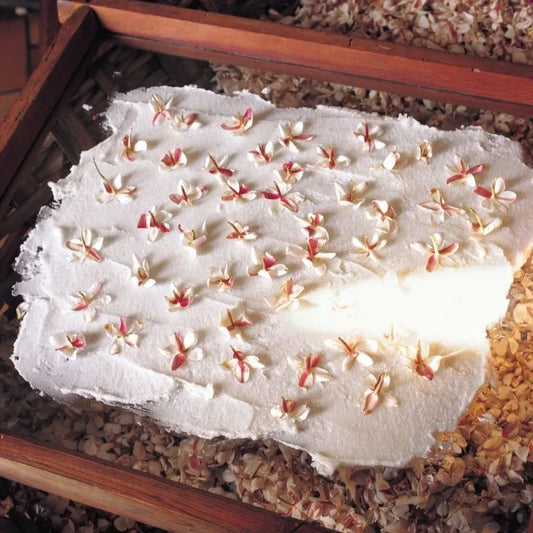Just about all essential oils companies claim that their oils are organic, so sorting out which are truly organic and which are suspect can be a tricky business for consumers.
The good news is that there are official rules for organic farming, and products must be certified as organic to be able to make the claim. The rules vary depending on the country of origin, however, and some countries have no regulations for organic farming. So essential oils derived from plants grown outside of the United States may not all be held to the same standards for organic certification.
In general, essential oils labeled as organic should be grown without the use of synthetic chemicals, so any fertilizer, plant food, or pesticides used in their cultivation must be from natural sources. The plants must not be grown from irradiated or genetically modified seed—that is, seed on which X-rays, UV rays, ionization, or gamma rays have been used to encourage the genes in the seeds to combine in new ways, a process used in cultivation of new plant varieties. Organic farmers are required to keep their land free of chemicals for a number of years before planting (the number varies with the country), and they need to keep records in writing of their yields, their care and treatment of the crops, and to whom they sell the harvest.
In bottling the oils, the U.S. Department of Agriculture (USDA) prohibits the use of artificial preservatives, colors, or flavors for the bottlers to maintain the organic certification. Essential oils generally do not contain these ingredients because they would adulterate the oils, negating the claims of 100 percent purity.
Most essential oil bottlers in the United States label their products as “certified organic,” either using the USDA Organic label familiar to shoppers in American supermarkets or using this terminology in their own labeling. U.S. products that call themselves organic must comply with USDA regulations, whether or not they have been grown within the country, so even essential oils harvested in countries with no organic farming regulations have to follow USDA rules before an American company can label them as organic.
If a company claims that its product is organically grown when it is not, the USDA has the responsibility to contact the company and inspect the product to confirm its organic content and how much of the product actually comes from organic agriculture. Products do not have to be 100 percent organically grown to qualify for the USDA Organic label, so the USDA requires documentation to determine how much of the product’s contents are organic. The agency sets three levels of organic contents:
- Products made from 100 percent organic ingredients can call themselves “100% Organic.”
- Products that have at least 95 percent organic content can be labeled “organic,” provided that the nonorganic ingredients have been specified as exemptions by the USDA.
- Products made from at least 70 percent organic ingredients can be labeled “Made with organic ingredients.” These products are not permitted to bear the USDA Organic seal, separating them from products that have more purely organic content.
If an essential oil has less than 70 percent organic content, it cannot be called organic by its American bottler. Violation of these regulations carries hefty fines, so companies generally do not attempt to claim that their products are organic if they are not.
If buying organic products is a priority for you and the essential oils you want to buy are not labeled as organic, check the company’s website to see if they are or if they at least contain some organic content. If there’s no mention of it, you can rest assured that their oils are not organic. Plenty of essential oil marketers do indeed sell organic products, so you should have no difficulty finding one that meets your requirements.
Keep in mind, however, that not every oil in the company’s inventory may be organic. While many companies make the claim that offering organic products is a high priority, some oils may come from plants in regions that have no organic certification of their own and may not be grown organically. It should be clear which products are organic and which are not on the company’s website, but you may need to look carefully to be sure.





